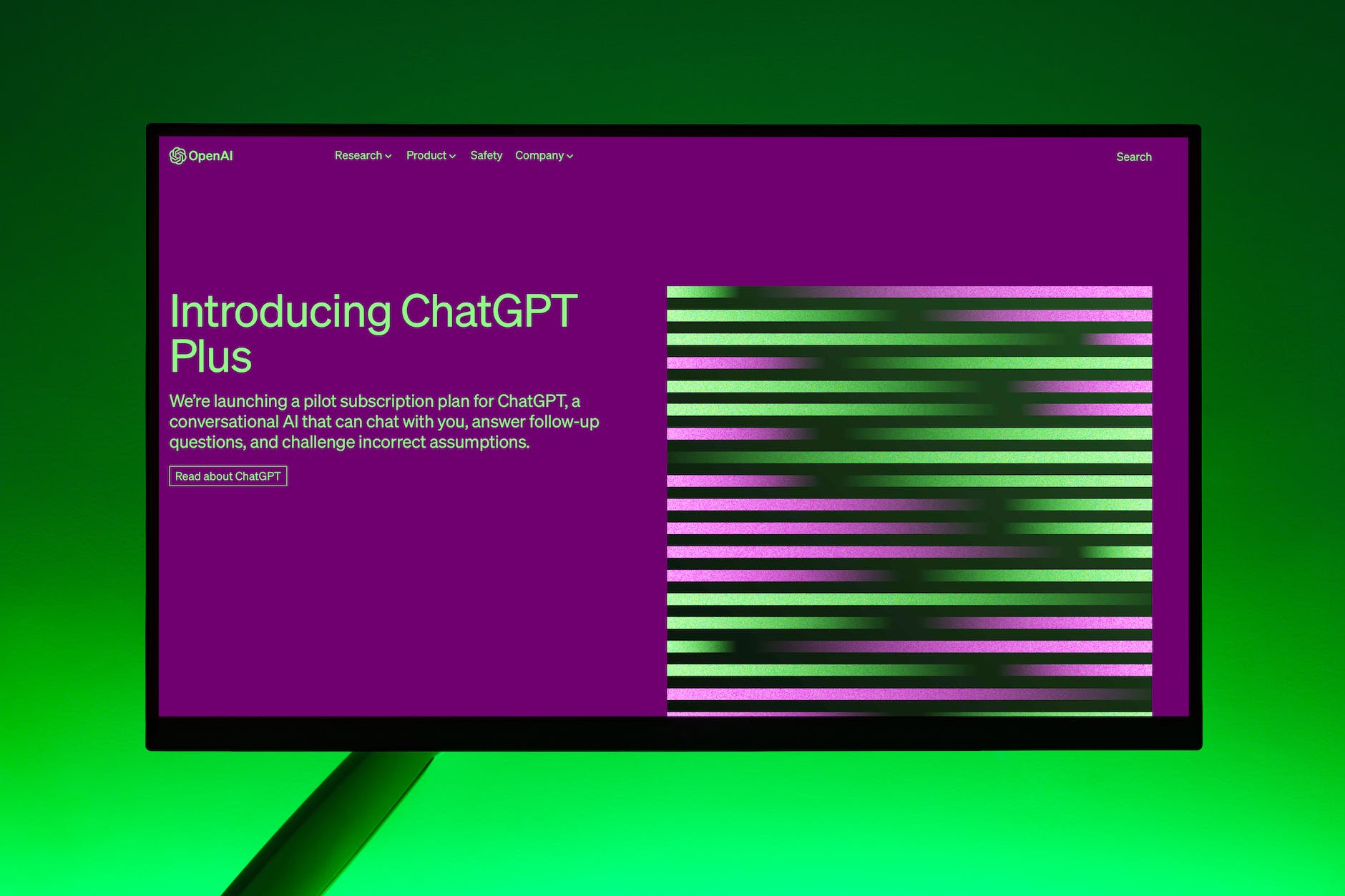Why do law librarians and legal writing professors make such a big deal about the cite-checking process? In this blog post I will give some examples of legal research and cite-checking (or Shepardizing) gone horribly wrong. Imagine that you’re standing before your legal writing professor and arguing your appellate brief, or that you’re being shadowed by your supervising attorney during your first court appearance, or that you’re presenting your brief to a senior partner that you greatly admire. Now imagine that you didn’t take the time to properly check your work and missed a crucial piece of information. As a law librarian, these terrifying scenarios cause me to break out in a flop-sweat.
Example 1: The classic, often-cited example of a failing to Shepardize comes during the biggest pop-culture trial of the last 50 years – the OJ Simpson trial.
Marcia Clark was center-stage during a trial where around 95 million people across the world tuned in daily to see if OJ Simpson would be convicted of murder. To give some context, that’s nearly how many people watched the Superbowl last year (this was before streaming services when most people had basic cable). The stakes were high and the pressure was incredible for Ms. Clark. During this clip we see Judge Ito probe Ms. Clark about a law that (he knows) has been applied in a criminal context, despite her claim that it has not. Ms. Clark’s claims end up being wrong because it turns out that she’s relying on second-hand information from one of her junior associates – and that associate has not performed thorough research. To be fair to Ms. Clark, this trial was enormously stressful for her for a number of reasons. Regardless, this is a situation that could have been avoided if a proper research plan had been executed.
Example 2: Court clerk’s failure to Shepardize results in defendant’s conviction being reversed.
[The case was subsequently recalled and vacated… but I bet this clerk got an ear-full.]
Example 3: Attorney is sanctioned and later sued for malpractice because they did not adequately research the law.
McCandless v. Great Atl. & Pac. Tea Co., Inc., 697 F.2d 198 (7th Cir. 1983)
(Westlaw password required.)
“Before filing suit, it would seem to be a reasonable expectation that the attorney do some basic research on the applicable law.” – Judge Pell
Ouch.
Example 4: Ostrich-syndrome related to subsequent rulings results in sanctions.
Precision Specialty Metals, Inc. v. US, 315 F.3d 1346 (Fed. Cir. 2003)
“Counsel’s ‘ostrich-like tactic of pretending that potentially dispositive authority against [his] contention does not exist[] [is] precisely the type of behavior that would justify imposing Rule 11 sanctions.’”
CaseText provides a useful analysis of various automated cite-checking resources (to double check your work). Keep in mind that CaseText is a software company that is trying to sell their product. If you want a more neutral take, please refer to our Legal Citation research guide. This guide is in progress and is likely to see substantive updates and the semester continues so make sure to check back in once we get close to the end of the semester (and your papers are due).
Sean Harrington, Electronic Resources Librarian



